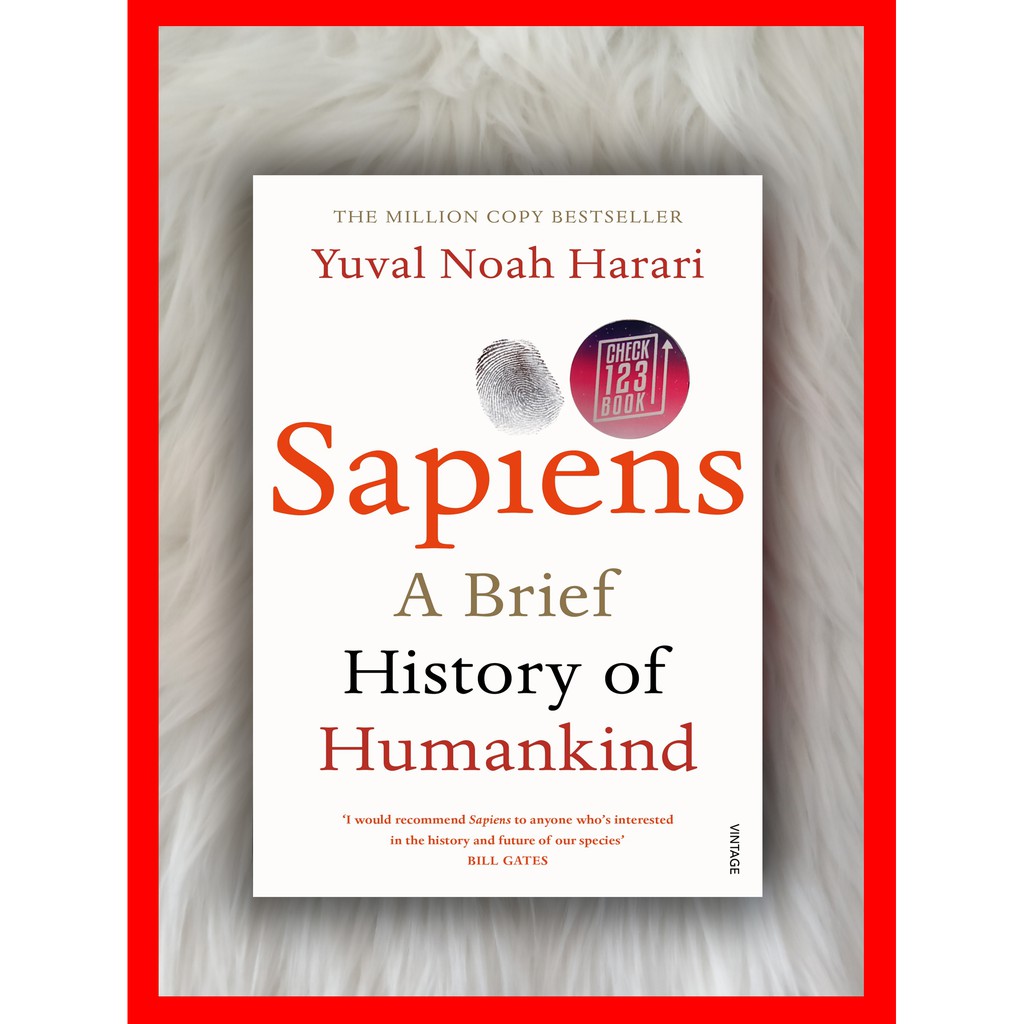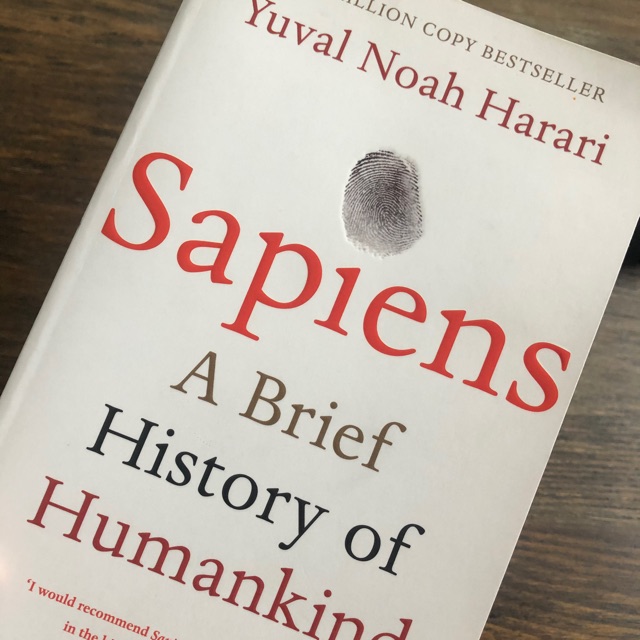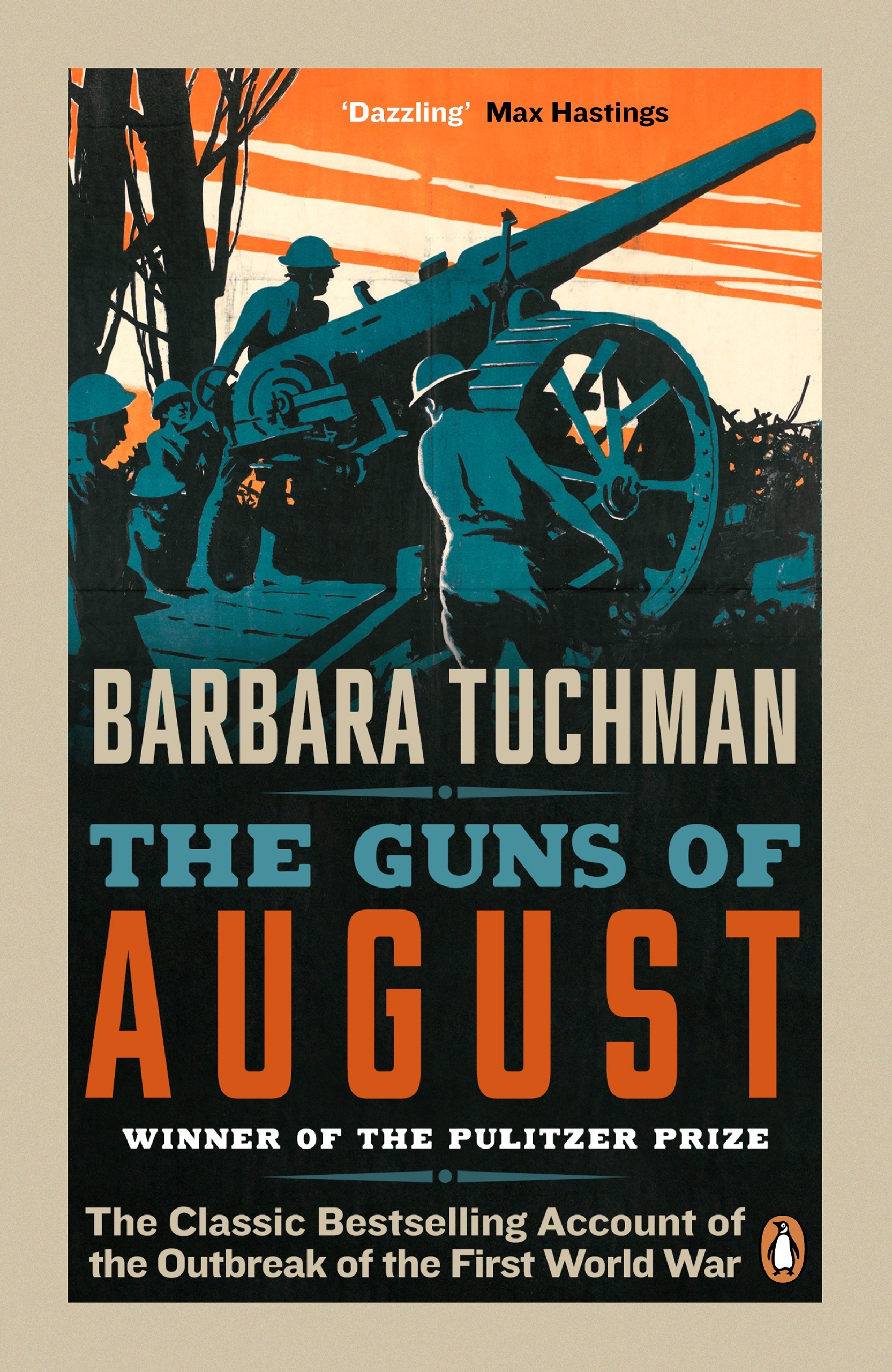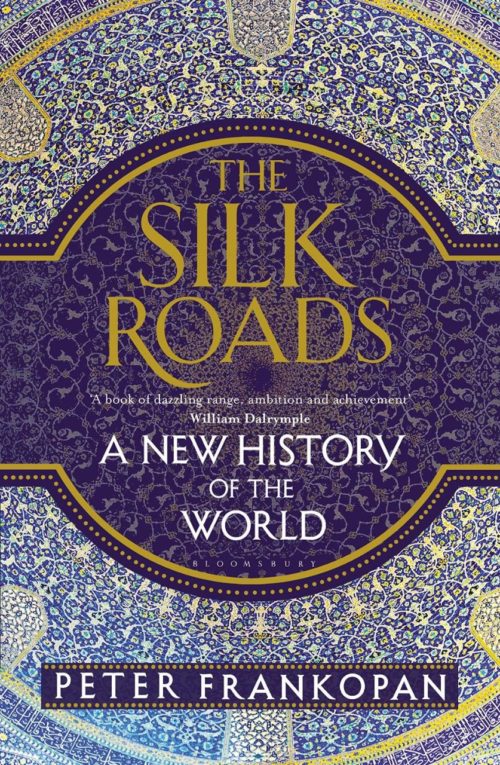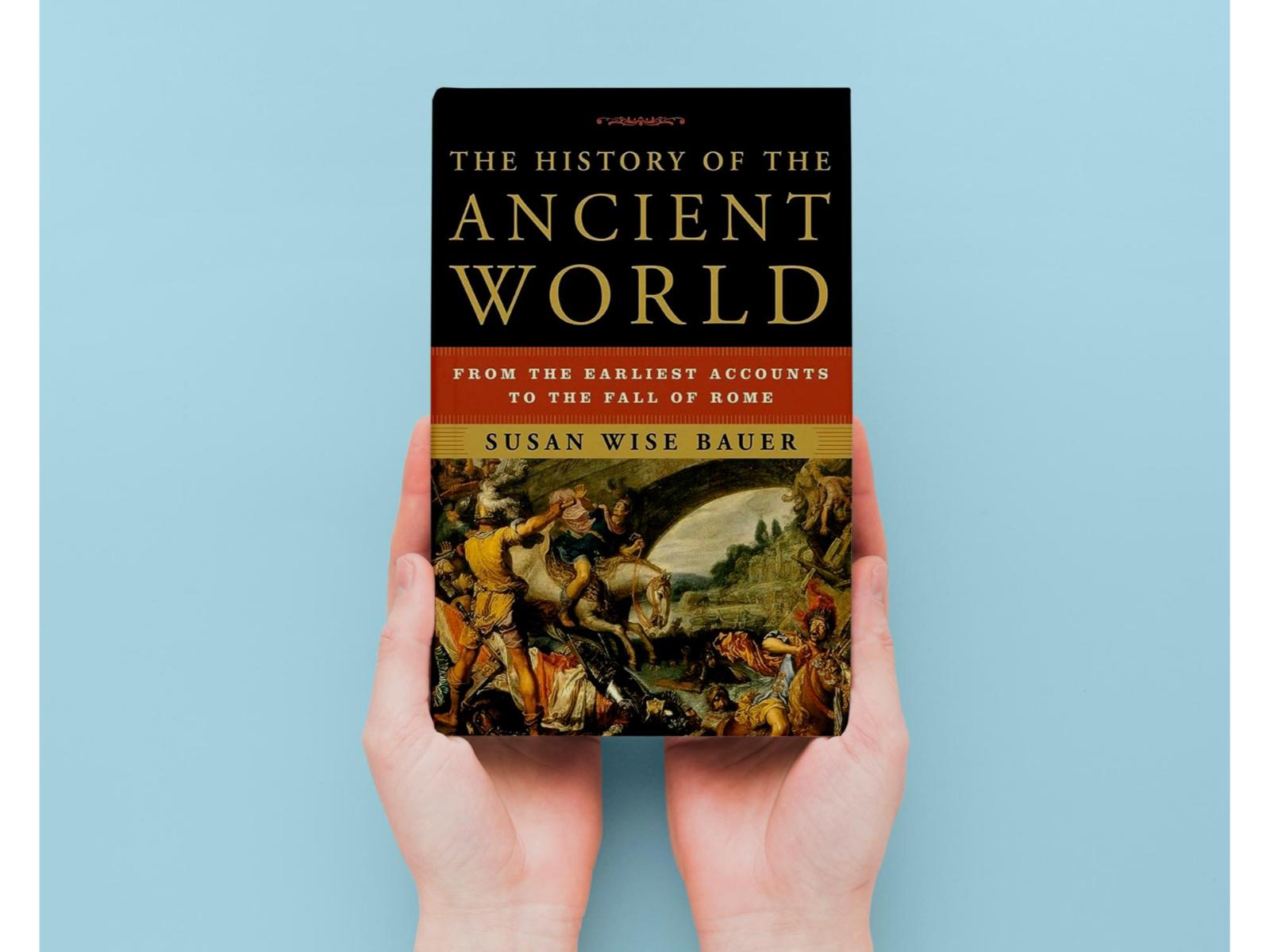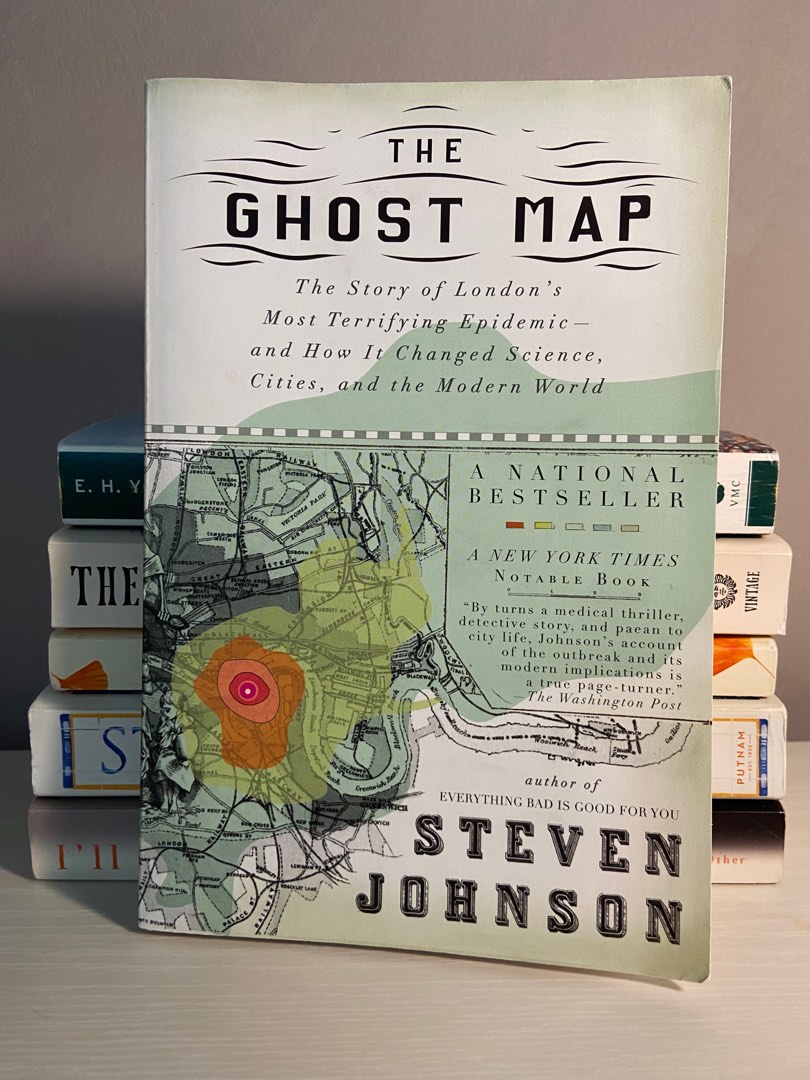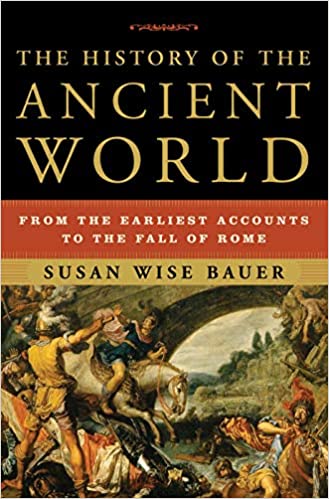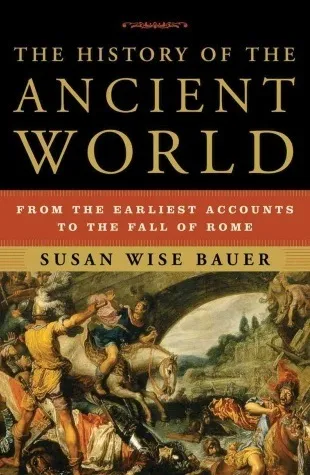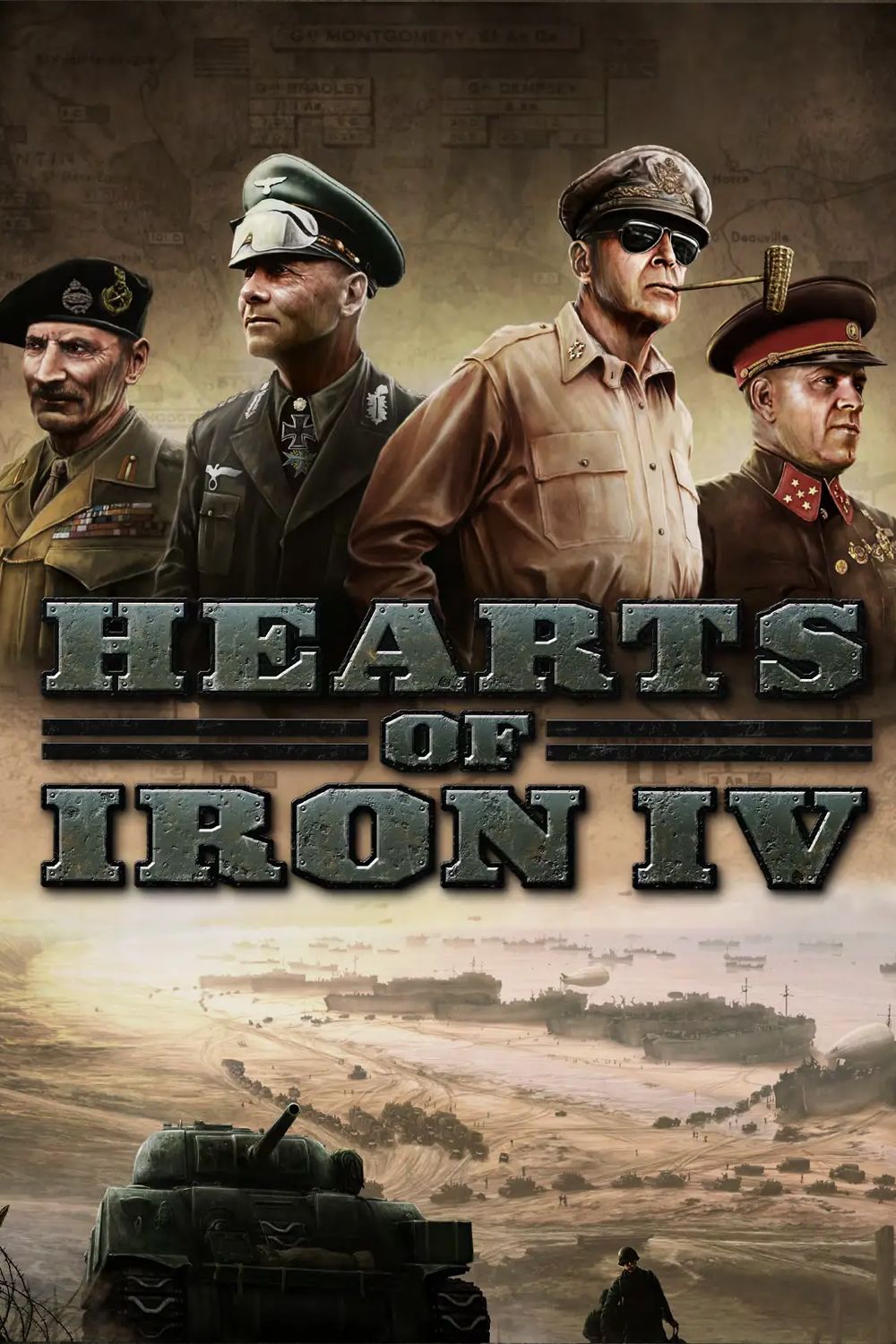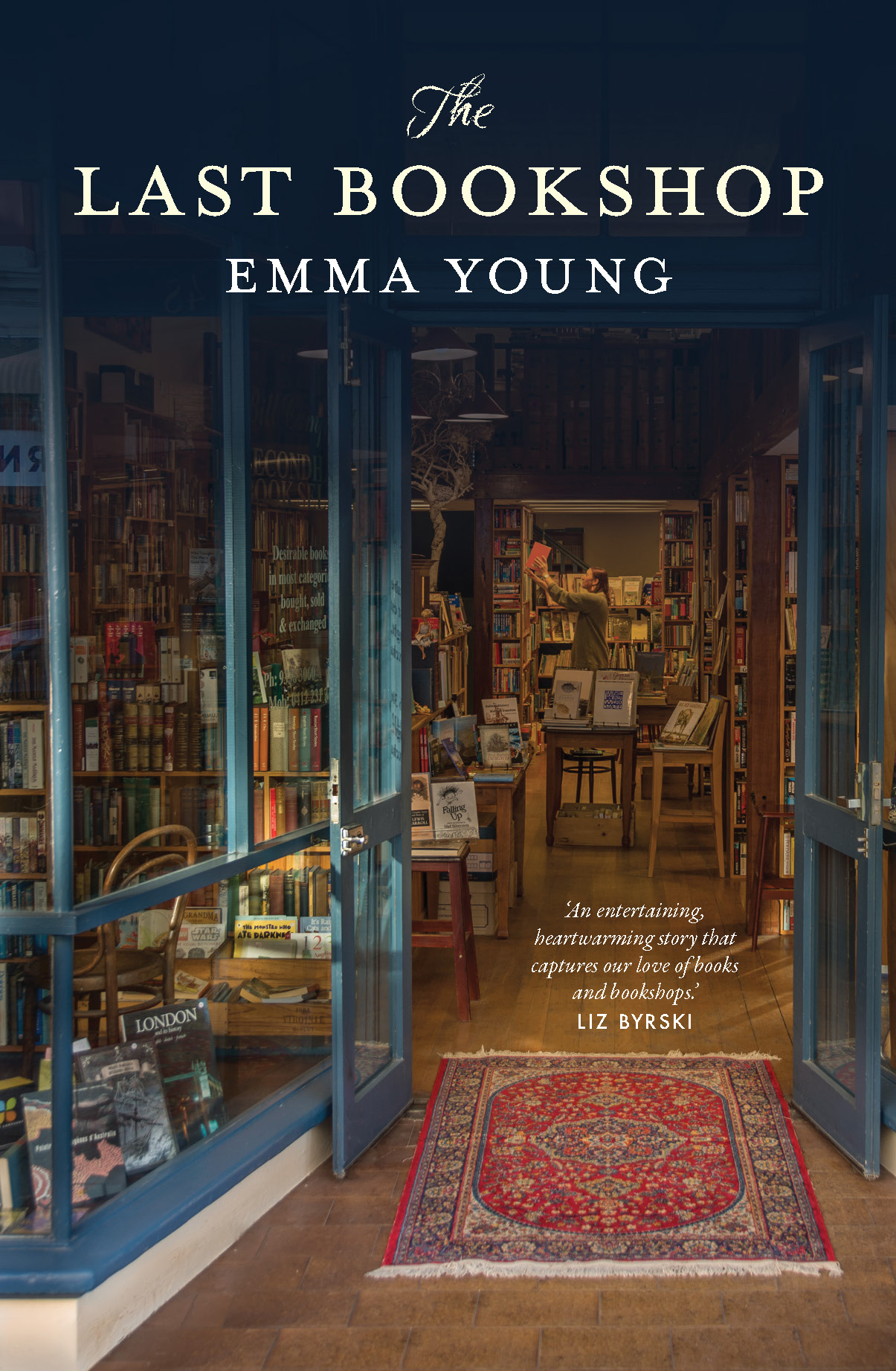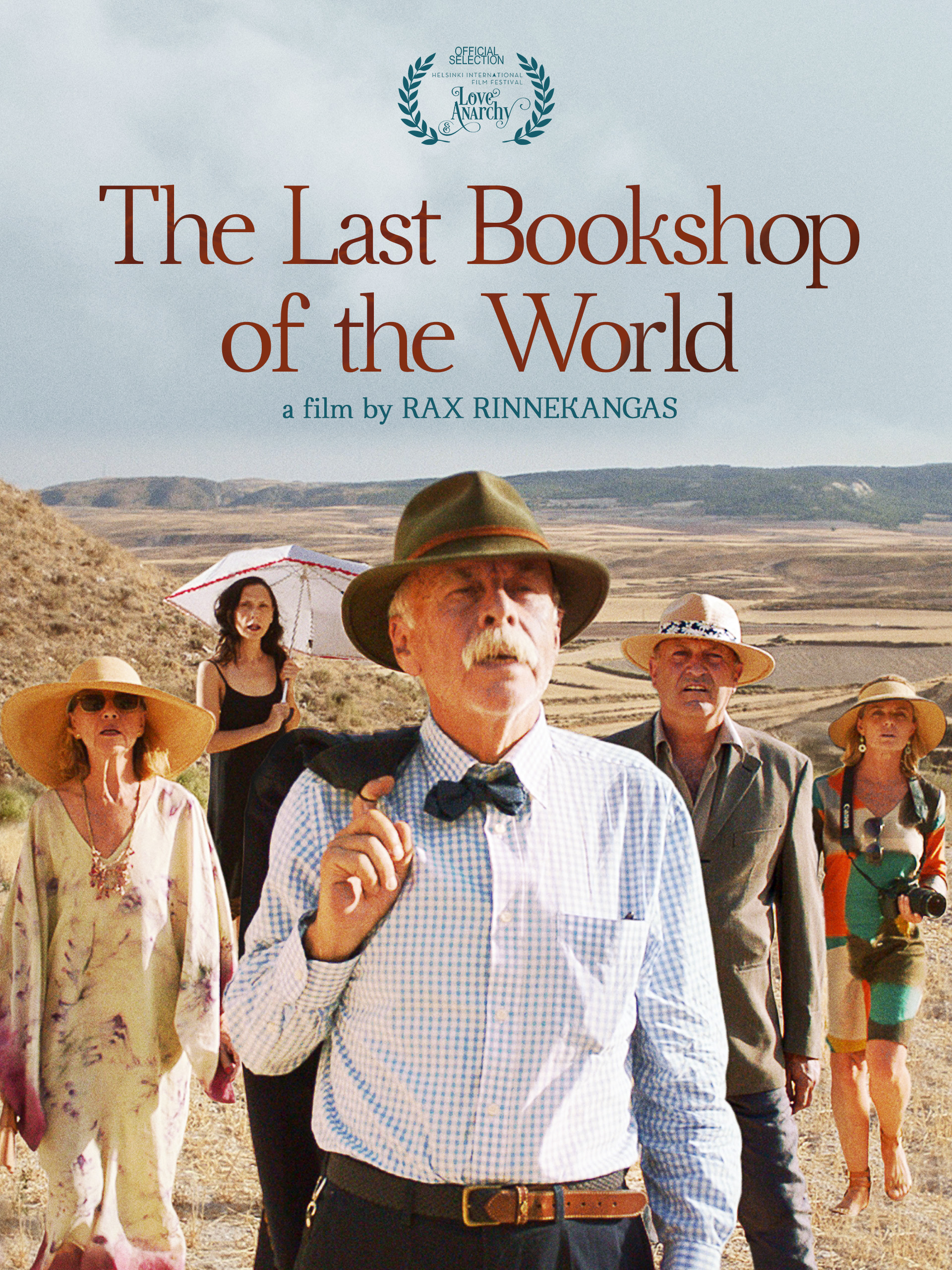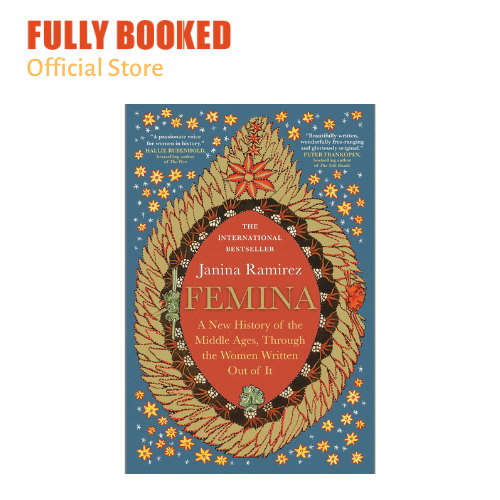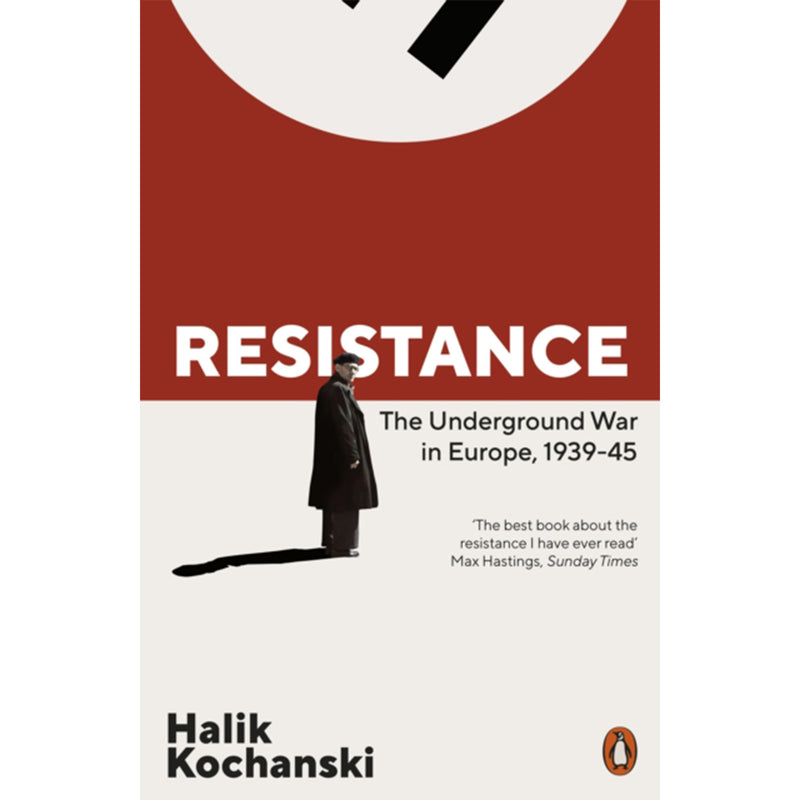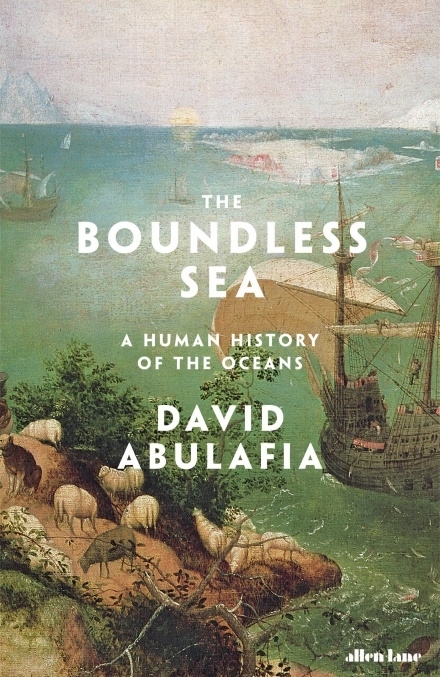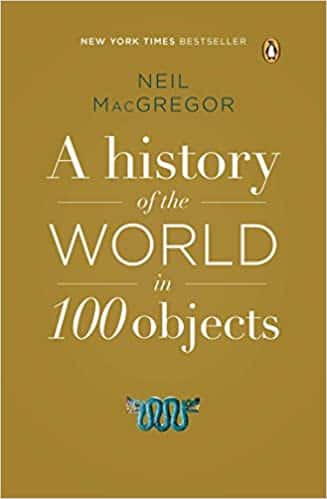
This book by Neil MacGregor uses objects to tell the story of human history, making it accessible and engaging for readers who might find traditional textbooks overwhelming[1].
Yuval Noah Harari’s work examines the history of humanity from the emergence of Homo sapiens to the present, discussing philosophical and scientific perspectives[1].
Barbara Tuchman's account of the lead-up to World War I details the complexities and miscommunications that contributed to the outbreak of one of history's deadliest conflicts[1].
William L. Shirer provides a comprehensive look at Nazi Germany, detailing its formation, peak, and eventual collapse, making this work crucial for understanding modern history[2].
Peter Frankopan’s book shifts the narrative to focus primarily on Asia and its influence on world history over centuries[1].
Howard Zinn presents a compelling account of American history from the perspective of marginalized groups, providing a different view from traditional historical narratives[1].
Susan Wise Bauer outlines early history in a concise manner, making complex information more understandable[3].
Steven Johnson explores the cholera outbreak in Victorian London, analyzing how it changed urban planning and public health policies[1].
Jared Diamond argues that geography and environment played crucial roles in the development of civilizations, offering insights into contemporary societal structures[2].
This book by Charles C. Mann discusses the impacts of the Columbian Exchange on global history and the lasting effects of European colonization[1].
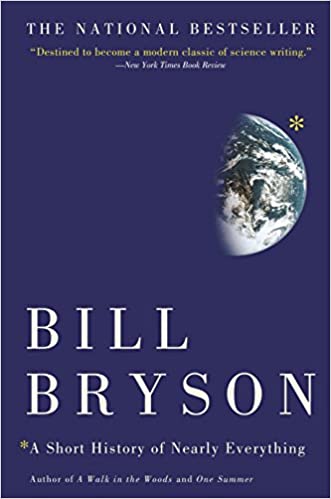
This seminal work co-authored with Alex Haley offers profound insights into race relations in America, intertwining personal narrative with historical context[6].
Martin Gilbert provides an in-depth biography of Winston Churchill, focusing on his contributions during World War II and his impact on global history[6].
Erik Larson gives a narrative account of the events leading up to the Civil War, bringing personal stories to the foreground[7].
Lloyd Llewellyn-Jones highlights the stories and legacies of Cleopatra and her predecessors, illustrating the role women played in ancient Egyptian politics[7].
Will Durant’s comprehensive history of the Roman Empire explores governance, culture, and religion, examining their lasting impact on Western civilization[6].
A narrative history of early civilizations, connecting significant events across cultures and time periods[7].
Examining the cultural, political, and military strategies involved in the Vietnam War, analyzing its long-term implications[7].
This novel illuminates the Nazi occupation of Czechoslovakia during World War II, revealing the resilience of culture amidst oppression[7].
Janina Ramirez explores the contributions of women in the Middle Ages, highlighting their often-overlooked roles in history[7].
A look into the history and implications of community resilience and independence in the face of global challenges[7].
This unique anthology covers African American history through a series of essays, connecting personal narratives with broad historical themes[7].
Peter Wilson’s extensive work looks at the military achievements and challenges of the German-speaking populations, fostering understanding of modern histories that stem from past conflicts[7].
Halik Kochanski covers the diverse resistance movements across Europe during World War II, providing insight into their impact on the war’s outcome[7].
David Abulafia narrates the relationship between humanity and the oceans, tracing historical developments and their significance across cultures and time[7].
Get more accurate answers with Super Search, upload files, personalized discovery feed, save searches and contribute to the PandiPedia.
Let's look at alternatives:
- Modify the query.
- Start a new thread.
- Remove sources (if manually added).
- Request a manual search from our human research team.
